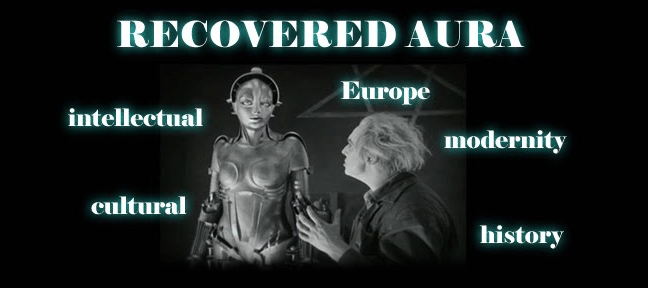
"To live alone one must be a beast or a god, says Aristotle. Leaving out the third case: one must be both -- a philosopher."
- Nietzsche
Friedrich Nietzsche ( like all of the German scholars of his time) was steeped in the study of classical Greece. Before becoming a radical thinker he was known as an imaginative and highly controversial philologist. His work was intensely criticized by fellow scholar Enno von Wilamowitz-Moellendorff. Although Nietzsche and his philosophy are new for me personally, I've long known the titles of his principal works- through reading various histories of the era. Something that often surprised me was the use of religious and mythological references in so many of his book's titles. For someone so often coupled with the quote: "god is dead" (see here for an analysis of what Nietzsche was actually talking about) god, gods, heros and prophets come up a good deal. Hmmmmm.
The Birth of Tragedy (1872)
Nietzsche introduces his ideas about the Apollonian and Dionysian forces within the human being. Apollo, Greek god of mental and social order, sunlight, music and geometric form is imagined as the representative of the consciousness of rationality. His half-brother, the chthonic, Dionysus, Greek god of wine and unbridled animalistic passion is imagined as the bringer of physical abandonment to the urges of the body and sometimes frenzied violence.


Dionysus being pulled in his chariot by tigers, while a female follower (maenad or bacchante) plays her tambourine and wild animals gambol. In many strains of European thought, Dionysus is seen as having come from the "exotic" east- he represent luxury, sensuality and the physical powers of the body.

 Early 20th C (?) llustration of Aesgard/Valhalla, home of the gods being destroyed on the final day of the world- called Gotterdammerung in German and Ragnorak in Norse. The fall of Valhalla is the culmination of Wagner's gigantic tetrology The Ring Cycle or The Ring of the Nibelungs.
Early 20th C (?) llustration of Aesgard/Valhalla, home of the gods being destroyed on the final day of the world- called Gotterdammerung in German and Ragnorak in Norse. The fall of Valhalla is the culmination of Wagner's gigantic tetrology The Ring Cycle or The Ring of the Nibelungs.
The Birth of Tragedy (1872)
Nietzsche introduces his ideas about the Apollonian and Dionysian forces within the human being. Apollo, Greek god of mental and social order, sunlight, music and geometric form is imagined as the representative of the consciousness of rationality. His half-brother, the chthonic, Dionysus, Greek god of wine and unbridled animalistic passion is imagined as the bringer of physical abandonment to the urges of the body and sometimes frenzied violence.

Archaeological Museum of Delphi

Dionysus being pulled in his chariot by tigers, while a female follower (maenad or bacchante) plays her tambourine and wild animals gambol. In many strains of European thought, Dionysus is seen as having come from the "exotic" east- he represent luxury, sensuality and the physical powers of the body.
"The Train of Dionysus", mosaic, late Roman 3rd C. AD
Sousse Museum, Sousse, Tunisia
Sousse Museum, Sousse, Tunisia
Ecce Homo (1888, published posthumously 1908)
His autobiography (written as he began to suffer mental breakdowns, finally collapsing into insanity) bears the title of the words spoken by Pontius Pilate to the crowd ready to kill Jesus.
Ecce Homo (latin: Behold the man), is a prominent theme in the imagery of European iconography.

Although once famously adulatory to Wagner and his operatic works, Nieztsche later changed his mind and became highly critical of the revered German musical patriarch. The Twilight of the Idols (Götzen-Dämmerung) is a play on the name of Wagners' opera The Twilight of the Gods (Götterdämmerung).
 Early 20th C (?) llustration of Aesgard/Valhalla, home of the gods being destroyed on the final day of the world- called Gotterdammerung in German and Ragnorak in Norse. The fall of Valhalla is the culmination of Wagner's gigantic tetrology The Ring Cycle or The Ring of the Nibelungs.
Early 20th C (?) llustration of Aesgard/Valhalla, home of the gods being destroyed on the final day of the world- called Gotterdammerung in German and Ragnorak in Norse. The fall of Valhalla is the culmination of Wagner's gigantic tetrology The Ring Cycle or The Ring of the Nibelungs.


No comments:
Post a Comment